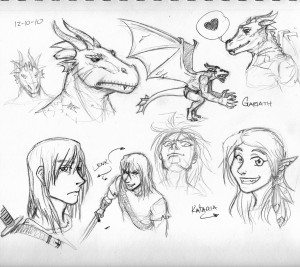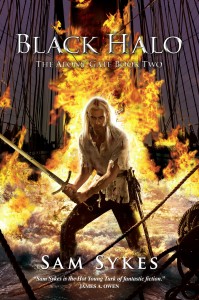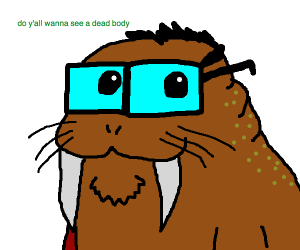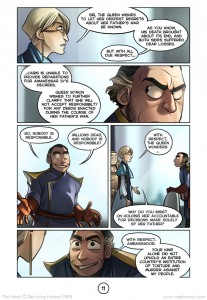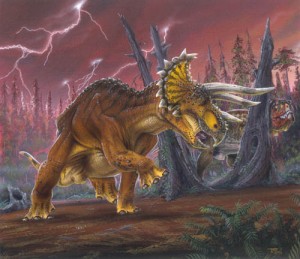Retrospective
I had originally intended to publish this before New Year’s, but there were a few obstacles that arose to be overcome. Half of those obstacles were mentally dealt with and annihilated while the other half was safely consumed and converted into urine. Thus, I am free to discuss the relative milestone of my first year as a published author.
Summary: It wasn’t what I expected. I know that’s a cliche, but cliches aren’t necessarily used out of a desire for laziness so much as the fact that they make a rather distressing amount of sense. All that I was prepared for left me totally open to what I wasn’t.
Admittedly, my family background gave me a bit of an edge in knowing what to expect from being a writer. I knew the demands of being a professional, how to interact with agents, editors and people who wanted a part of me (in a non-sexual and non-cannibal way) and I knew, generally, how the publishing world worked.
What I wasn’t prepared for, and what I think a lot of people aren’t prepared for, is the notion that not everyone in the world would love me immediately.
I’m not talking about critics or haters, either. In general, I think that people writing a book (unless they’re specifically aiming for a demographic) don’t consider how it will be accepted beyond “I love it, so everyone else will.” While that’s not exactly true, it’s not exactly false, either. But that’s not the point. Being less concerned with who will love the book or hate it or won’t think it’s anything special or will just find it okay is a good thing. I’ve theorized that it’s sort of a mental self-defense for writers, that the brain instinctively shuts the notion of the public out to keep from being overwhelmed by the already vast undertaking of writing the damn thing.
That said, it tends to leave one open to the overwhelmingness of being involved in the public eye.
I’ve found most writers to be rather functionally retarded when it comes to mechanical things like numbers and statistics and where you can and cannot put your fingers in machinery. We’re much better at handling words and ideas and other things that make me sound like I drive a Prius. That said, it’s amazing how easy it is to get caught up in the numbers and all: Twitter followers, Facebook views, webpage hits, Amazon sales rankings, most wanted lists and so forth.
While we’re not instinctively good with numbers, we are instinctively good with getting stressed out about things. And these two sort of go hand in hand. If you pay attention to the numbers, you’ll start wrecking yourself mentally. Start paying attention to other authors and comparing yourselves to their success and you’ll make it worse.
I’m not suggesting that you avoid social media or other authors at all. I am suggesting that you don’t treat them like work. I am suggesting that you treat them as a lovely little benefit to being a writer, that you enjoy the new followers for what they bring beyond numbers, that you enjoy the reviews for what they say rather than if they’re good or bad, that you enjoy the fellowship of other authors because they’re genuinely nice people (assuming they are not Joe Abercrombie) that you want to be around rather than competition (protip: there is no competition because there is no such thing as a reader that only reads one book).
Because focusing on those things is a race you can’t win. If you have 100 followers, you’ll lament that you don’t have 200. If you have a positive review, you’ll feel spiteful that Patrick Rothfuss has eighty million more than you. If your webpage is going well, you’ll feel angry that it’s not as popular as older, more-established webpages.
But beyond that, they do not matter. The amount of followers you have, the number of critics you get, the number of hits you experience do not change what’s on the page. That’s all you, baby. You write what you want to write. If people don’t like it, oh well.
Some might interpret that advice as shrugging off critics and attention and input and saying “oh, they just didn’t get it” (which, I’m sorry to say, often comes off as the literary equivalent of putting your fingers in your ears and going “LA LA LA LA LA”). That’s definitely not what I’m advising. I am advising you to consider what it is you want when it comes to those things. The reviews of Tome of the Undergates by the Wertzone, The Book Smugglers and Little Red Reviewer (sorry I don’t have a link, Andrea, but you’re a little difficult to find in google!) aren’t what you’d call rave reviews, as they all had issues with the book. Some of their issues I can’t do much for. Some of them are things that I want to look at more closely.
Self-centered? Yes. Because it’s a question of who you write for. If it’s for the numbers, then disregard everything I’ve said above. If it’s for yourself, and indeed most books are for the author and that’s why people like to read them, then consider less about what the numbers tell you and more about what you want to say.
Happy New Year.
Fuck you.
